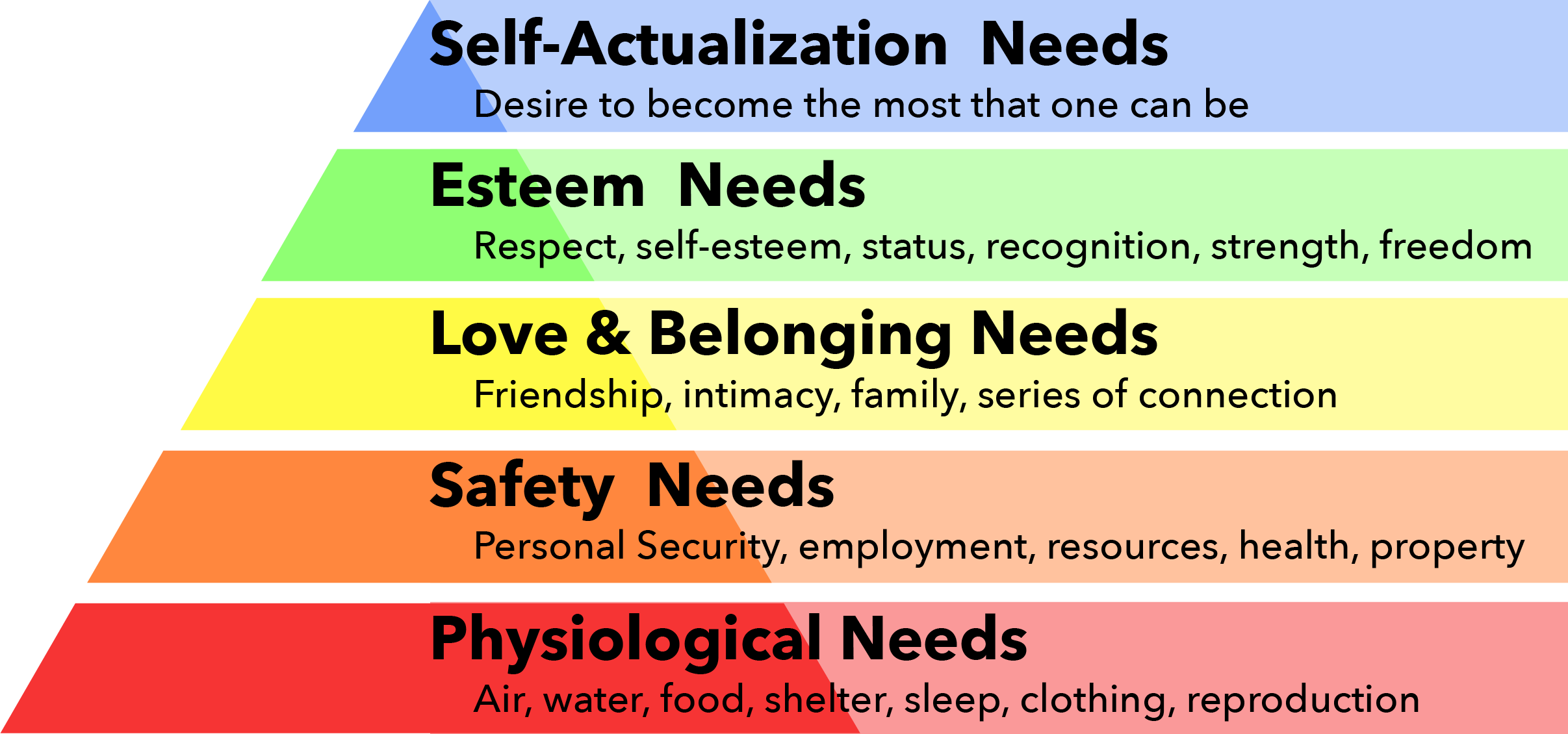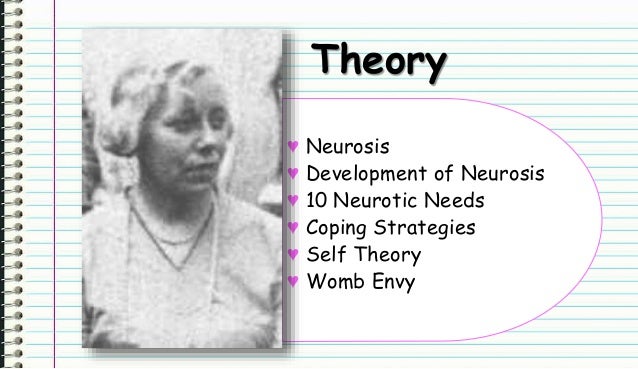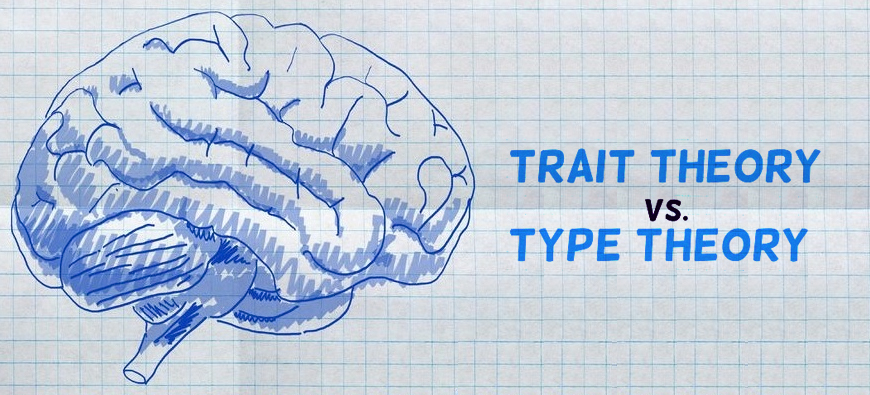Intelligence
has been defined as the sum total of everything you know, as the ability to
learn or profit from experience, as the ability to solve problems or as the
ability to cope with the demands of the environment.
Some
of the definitions given by experts are given below:
“…intelligence,
that is to say, reasoning, judgment, memory, and the power of abstraction” (Binet
1890, cited in Sattler, 1988)
“Intelligence
is a general capacity of the individual consciously to adjust his thinking to
new requirements” (Stern, 1914)
“An
individual is intelligent in proportion as he is able to carry on abstract thinking”
(Terman, 1921)
“Intelligence
is the capacity of the organism to adjust itself to an increasingly complex
environment” (Spearman, 1927)
In
1986, Sternberg and Determan found that twenty-four prominent scholars had twenty-four
different definitions of intelligence.
Snyderman
and Rothman (1987) have presented responses of over 1,000 experts that belonged
to different disciplines such as psychology, sociology, education, and
genetics. Of the thirteen descriptions rated by the respondents, there was nearly
unanimous agreement that abstract reasoning, the capacity to acquire knowledge,
and problem solving ability were important elements of intelligence.












